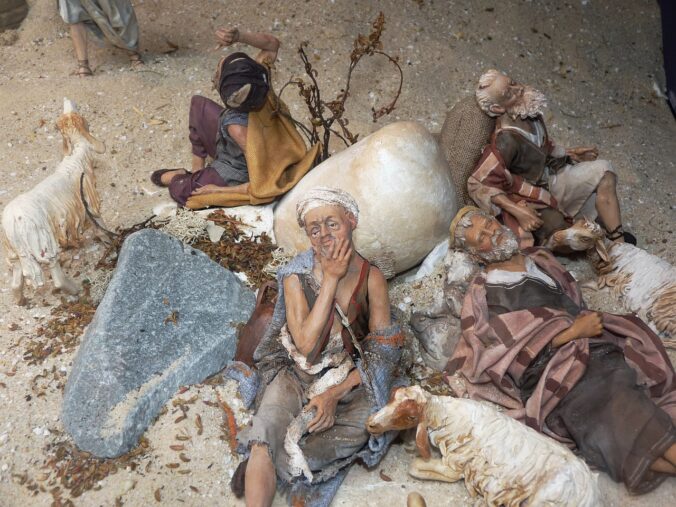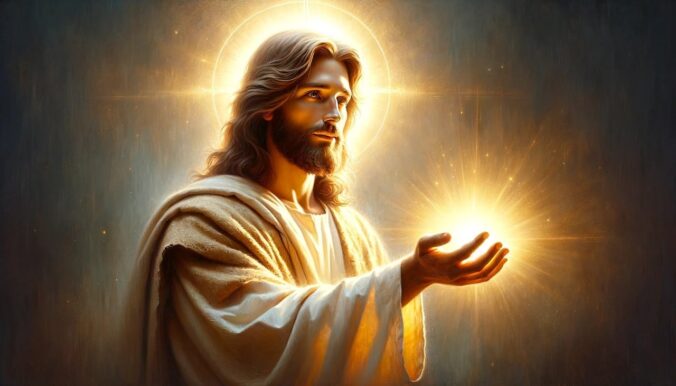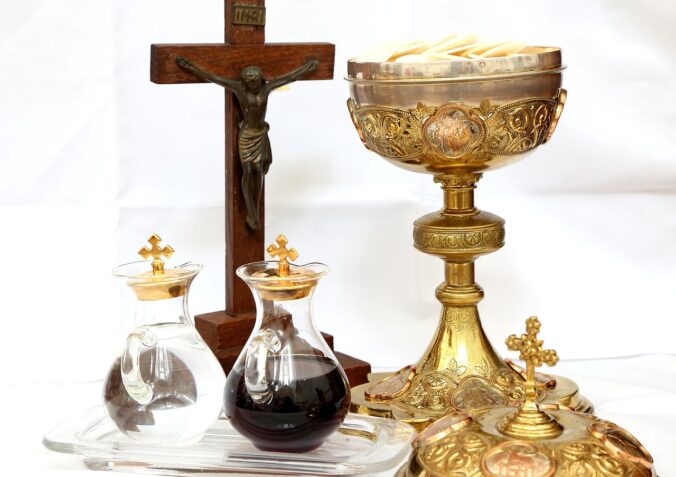“There are owls outside!” my husband announced, as he entered the house. He had been out walking with our German Shepherd.
It was early and pitch-black outside. A dense fog hung low and the morning air was still – the fog so thick that we could barely make out the neighbor’s barn light across the field. Without saying much, we grabbed our coffees and went outside to the silence of the front porch.
To share some of my history with owls, we lost my husband’s mother, days before Christmas, five years ago. My mother-in-law loved owls, and we have come to love them too. At the time we lost her, we were living in a heavily wooded neighborhood. A family of Great Horned Owls lived among us there – an amazing gift. At 3 a.m., the morning after we lost her, I was awakened by a Great Horned Owl calling loudly from our roof. This was a common occurrence, to find owls on our rooftop! But on that particular morning, the owl’s call was unusually urgent.
My dog, Grace, and I ran downstairs to our back door, just in time to see a massive owl fly down from the rooftop, swoop low across our deck, and land in the garden at the rear of our yard. The majestic creature sat there, by an angel statuary, intently watching me and Grace. No one moved for some time. And then he spread his wings and flew away into the early morning darkness. At that moment, I knew my mother-in-law was ok. God had swooped down to remind me that Love goes on. I will always remember that morning, and the kindness of His gift to me.
This Christmas season, I have been missing both my mother-in-law and the owls. It’s been some time since I have heard a Great Horned Owl, so my heart was heavy as I settled into a chair on our porch early today.
And then as if on cue, the Great Horned Owls here began to speak. My husband and I could make out two – maybe three – distinct owls. They had a lively conversation that lasted about ten minutes. I kept my eyes fixed on the fog, content to hear them and to know they were near to us, beyond the veil of fog.
So on Christmas Eve morning, as light begins to fill the morning sky, I am assured again that Love goes on. I am reminded that God’s kind of Love brings challenge and change as it compels us to live beyond ourselves. God’s kind of Love asks us over and again to trust in the goodness of the plans He whispers within our hearts, even though we cannot see or touch Him. And I am reminded that always, when we are uncertain or sad, He lovingly sends us visible signs – in any myriad of forms – to confirm that He remains near to us.
We need only to wait for Him in the silence.
What a beautiful and unexpected gift this Christmas Eve morning, to hear the owls singing in the silence.
What a beautiful and unexpected gift, to celebrate once again the birth of Jesus, and God in our midst.
Thank you, dearest Father, for Your most precious and unexpected gift of a Love like none other.
“The Lord, Your God, is in your midst, a warrior who gives victory; He will rejoice over you with gladness, He will renew you in His Love; He will exult over you with loud singing.” Zephaniah 3:17










Recent Comments